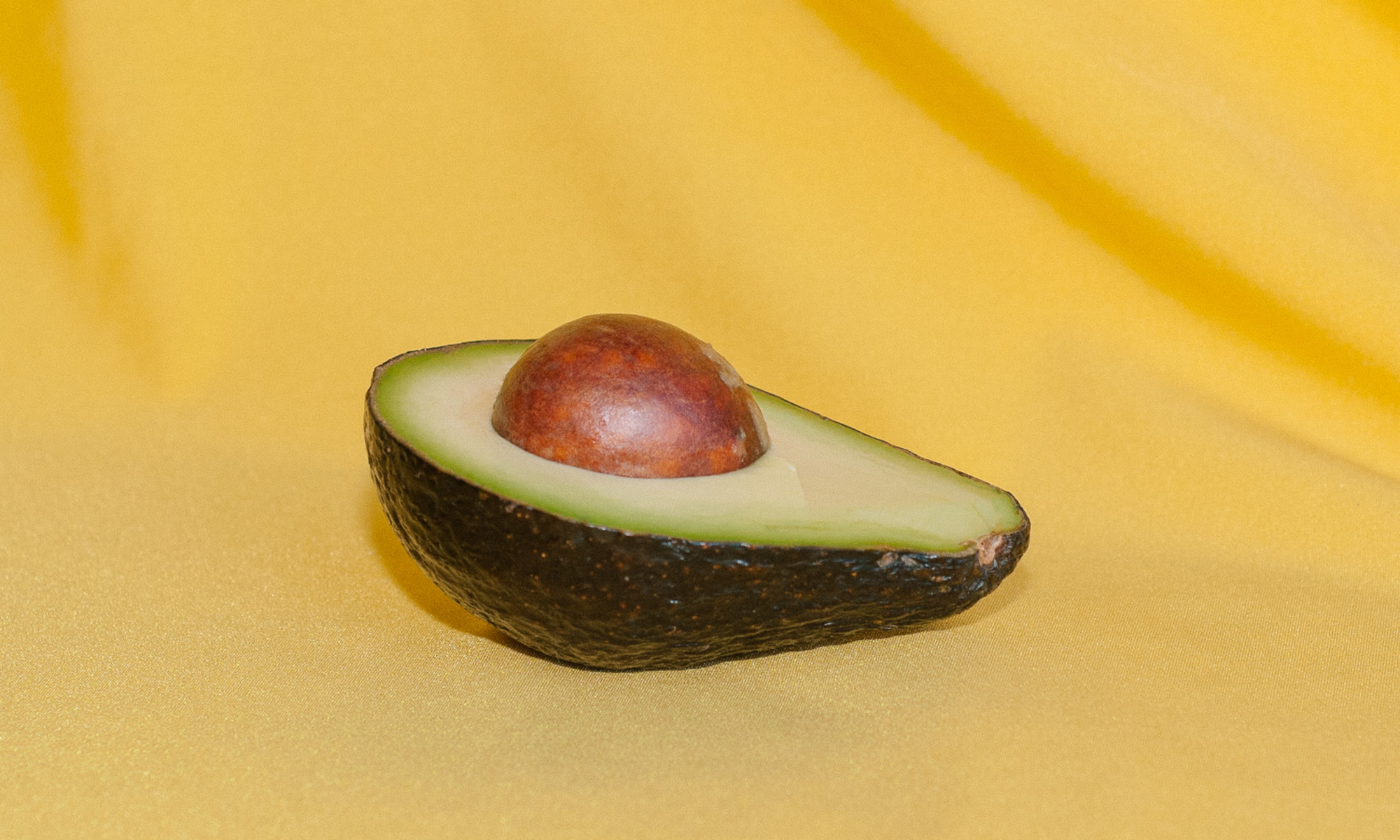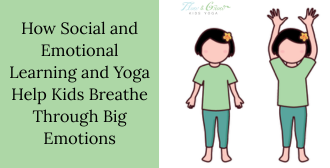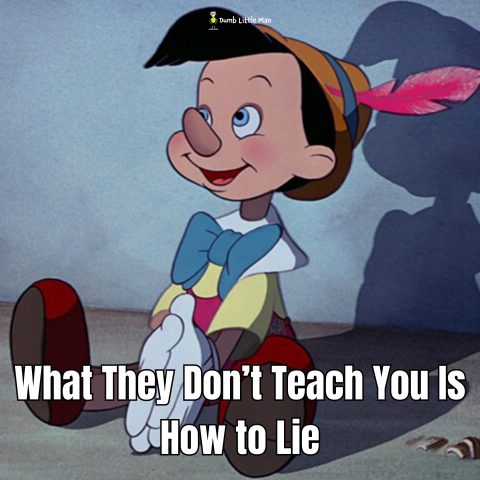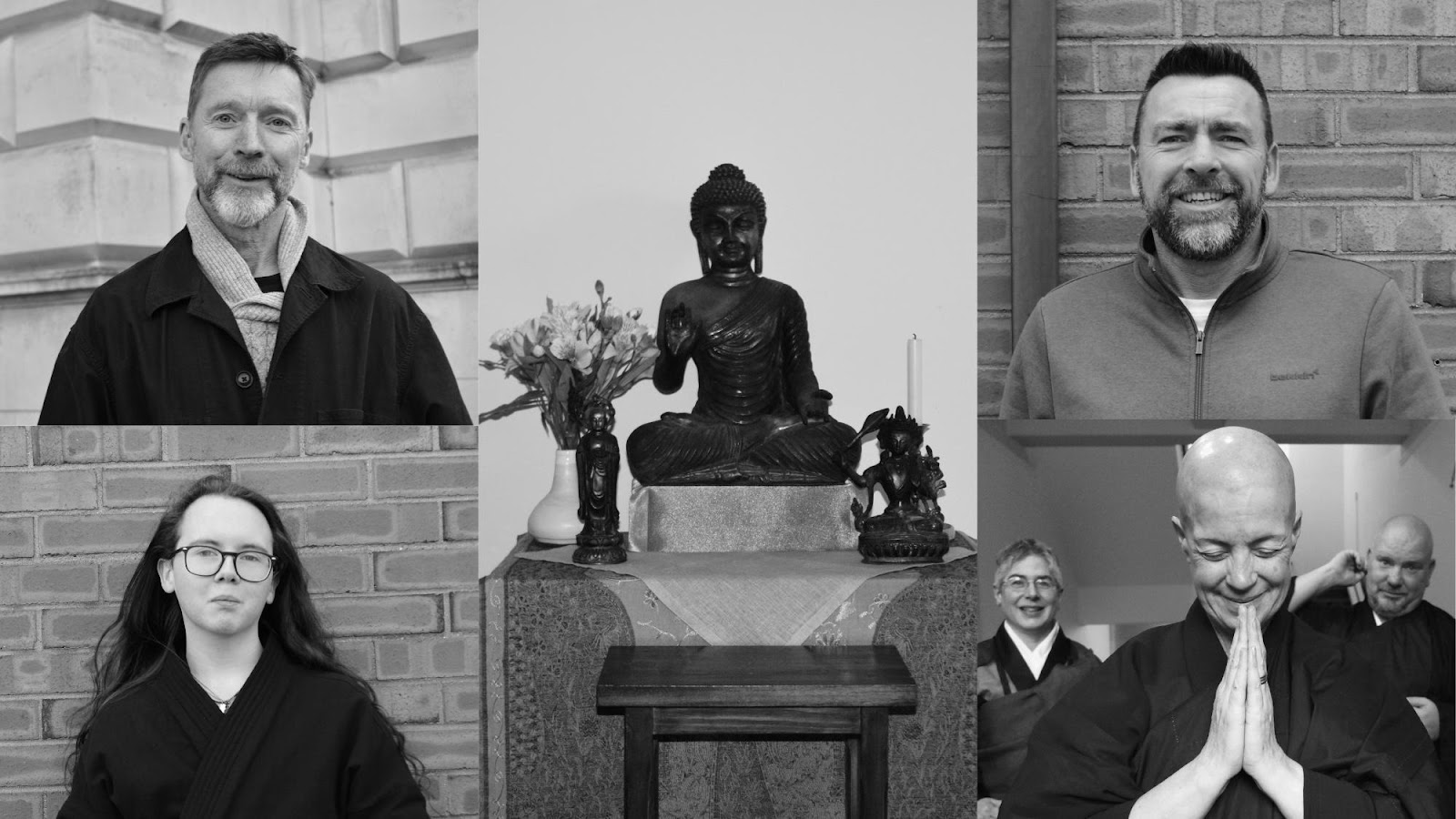The Five Opponent Powers
The guiding teacher of Ocean Mind Sangha on the Buddhist factors that make up repentance and atonement The post The Five Opponent Powers appeared first on Tricycle: The Buddhist Review.
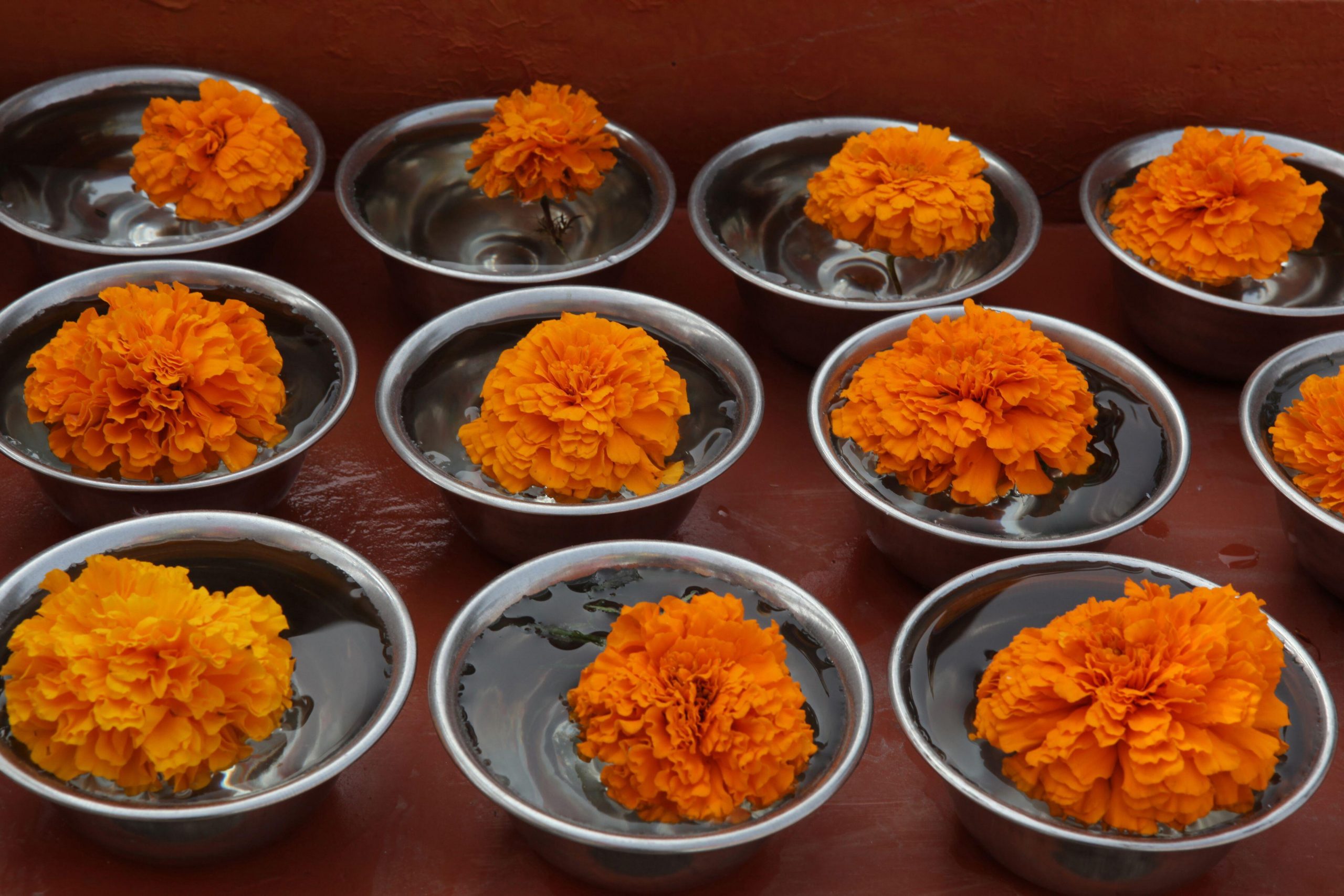
In the Maha Prajnaparamita Sastra, the Buddhist philosopher Nagarjuna tells the following story: While the Buddha was teaching at Jetavana Grove, a drunk brahman approached him and asked to be ordained. To the sangha’s surprise, the Buddha agreed and, turning to Ananda, asked him to shave the brahman’s head and clothe him in monk’s robes. The next morning, when the brahman’s intoxication had worn off, he was astonished to find himself transformed like this, and, scared out of his wits, he ran away without a backward glance.
“My Lord,” the monks respectfully asked the Buddha after the brahman had left, “why did you allow this drunk brahman to become a monk? He clearly didn’t know what he was doing.”
“For endless eons, this poor man couldn’t even dream of becoming a bhikshu,” the Buddha answered. “But today, as a result of his drunkenness, he made a small resolution, thanks to which he will later leave the world and embark on the path.”
When I first heard this story, I was skeptical. I had just become a monk myself through a long and arduous process that I’d taken very seriously, so the Buddha’s act felt to me like wishful thinking—a waste of a good robe and a waste of the sangha’s time. These days, I’m struck instead by the Buddha’s kindness, by his willingness to seize that tiny ember in the brahman’s mind, hurrying to fan the flame before it died out.
In various ways, our religious traditions make room for the fact that we human beings stray, we falter, we fall, and sometimes don’t know how to get back up. Even with the best of intentions, even when we want to do good, sometimes we don’t because we get caught by our craving or confusion, and the result, almost invariably, is some form of harm. But harm isn’t fixed, Buddhism says, and neither is our delusion. We always have the capacity to acknowledge our actions, take responsibility for their effects, and recommit to our vow to be and stay awake. This is what the practice of repentance is all about. This is the opportunity the Buddha gave the brahman, who, even if he wasn’t quite ready to shift, was nudged to take the first step along the path. At some point, the Buddha trusted, the man would see himself more clearly. He might even feel sadness for the choices he’d made up to that point—which would be a good thing. That regret might be the start of his making a different choice.
The root of the word repentance comes from the Latin re (for again) and paenitere (to cause to regret). To repent, therefore, is to “feel sorrow again” or to “regret again.” In Buddhism, repentance is the way we take responsibility for the karma we create through the three “karma doors” of body, speech, and mind—the three gateways through which we interact with the world—and renew our vow to act with care.
During the time of the Buddha, the practice of repentance was central to the uposatha ceremony (Skt.: upavasatha; Jpn.: fusatsu), which was celebrated on the new and full moons. Roughly every fifteen days, the monks would gather to recite the patimokkha (Skt.: pratimoksha), or monastic rule, and one by one would confess their misdeeds, then renew their aspiration to act for the benefit of all beings. In Zen, repentance takes the form of atonement. At the beginning of the Fusatsu ceremony, we chant the Gatha of Atonement, taking responsibility for our harmful karma and laying the ground for change:
All evil karma ever committed by me since of old,
On account of my beginningless greed, anger, and ignorance,
Born of my body, mouth, and thought,
Now I atone for it all.
Without pretense, without excuse, we take responsibility for all our harmful actions, recognizing the three poisons of desire, hatred, and delusion as their source. In chanting the Gatha of Atonement, we’re saying, “I see my part in creating harm. I accept it, and I take full responsibility.” But it’s important to stress that the point of repentance isn’t to feel guilty. I’ve always thought that guilt is nothing but a smoke screen. It gives us the sense that we’re doing something about our harmful actions, but the truth is, nothing’s really happening. We’re not atoning, we’re not repairing, we’re just feeling bad, which helps no one. Feeling bad isn’t the point. The point, always, is to see more clearly and to choose actions that will benefit us and everyone else. The point is to alleviate the suffering so prevalent in our lives, and to not compound it.
Feeling bad isn’t the point. The point, always, is to see more clearly and to choose actions that will benefit us and everyone else.
But recognizing when we fall is only the first step of atonement. Having acknowledged the harm we’ve caused, how do we then make amends? This is where another teaching, called the four opponent powers—because they “oppose” our negative actions and their effects—can point the way. These four powers are regret, reliance, remedy, and resolve.
The first, the power of regret, is the feeling we get in that first painful moment of recognition. We see our actions, we see how they’ve harmed others, and it hurts. The teachings say that feeling regret is a bit like realizing we’ve just swallowed poison. We don’t waste time wondering why this has happened; we don’t expend energy beating ourselves up. Instead, we drop everything and rush to the doctor to get an antidote. Regret is uncomfortable because it shows us the gap between the person we know we can be and the person we were instead. But it’s also beneficial because it acts as an alarm that sets in motion the process of repentance. Not wanting to feel that kind of pain again, we atone and start to look for ways to close the gap. And, unlike guilt, which self-centers our attention, regret expands our view to include those we’ve harmed. Feeling sorrow for the pain we’ve caused them, we’re encouraged to work harder to not re-create that harm.
The second opponent power, the power of reliance, is also called the power of the object. In Buddhism, there are two main categories of objects: The first is the category of the three treasures of the Buddha, dharma, and sangha. The second is any other being. First, we rely on the Buddha—both the historical Buddha Shakyamuni and the reality of our buddha-nature—as well as the example of all the many buddhas who’ve come before us. Then we rely on the dharma, on the soundness of the teachings and the truth of the way things are, which is that every single thing, every single being, is perfect and complete, lacking nothing—and that includes us. Relying on the dharma, therefore, includes relying on our capacity to awaken to our own buddha-nature, which is never distant, no matter what we’ve done. There’s no action we can possibly take that will leave us outside the path, because the path has no edges. This is why we can harm one another, but we can’t harm the dharma. It is boundless and undefiled. Next, we rely on the sangha—all the many noble friends who accompany us on the path who guide and support us and also challenge us to live with consistency and integrity. Sangha is called the virtue of harmony, and, as such, demands that we continue to develop our capacity to understand and care for others in the same way that we care for ourselves. This is also the principle by which we rely on all beings, particularly those whom we’ve harmed. Acknowledging that they want the same things that we want—happiness and well-being—we develop compassion and renew our efforts to treat them with love and respect.
Third is the power of remedy. Having acknowledged our failing, our falling down, and after relying on the Buddha, dharma, sangha, and all beings, we actively look for ways to remedy our actions by deliberately choosing to do that which has the power to shift the current of our deeds. Perhaps we make offerings or do prostrations. The practice of bowing is very effective in clearing out negative karma, because to really touch the ground, we have to get out of our own head, out of our own way, and bow down—humbly and unprotectedly. I often think of that famous scene in Dostoevsky’s The Brothers Karamazov where Dmitri is fighting with his father in front of Father Zosima and the rest of his family. In the middle of the argument, the elder suddenly throws himself at Dmitri’s feet and bows deeply, leaving the younger man speechless and ashamed. Unable to look in the mirror that Father Zosima holds up for him, Dmitri runs away—much like the drunk brahman runs away from himself and the Buddha. Our own practice is to not run away but to face ourselves, our actions, and the world. And we do this by invoking the power of remedy. If not making offerings or doing prostrations, maybe we recite a mantra for those we’ve harmed. May you be safe. May you be healthy. May you be at peace. Or we might ask for forgiveness and make amends. If the other person is deceased or far away, we might write a letter of apology or include them in our liturgy. Whether through actions, words, or thoughts, with the power of remedy we’re turning toward reconciliation. We acknowledge that although we can’t change our past actions, our present choices will determine whether that stream of karma flows on or is cut off.
Finally, we have the power of resolve. This is the determination to not repeat the same mistakes. The power of resolve includes vow, commitment, and discipline. We vow to refrain from further harm, to practice doing good, and to ensure that goodness reaches others. Committing to our vow helps us to stay on the path or return when we’ve wandered. Being disciplined means taking step after careful step so that our actions match our intent. At first it might seem hard to find ways of doing good, particularly if we originally acted out of confusion or blindness. But the more we practice, the more we see that goodness isn’t something we do; it’s something we are. Goodness is what we offer the world when we’re able to get out of our own way, when we don’t get caught by our anger, our fear, our pride. And yet, even if we do get caught, there’s still a way through. Because no matter what we’ve done, we can always, always begin again. This is what I call the fifth opponent power (my own addition to the original four): the power of renewal.
Regardless of how far we think we’ve strayed or how many times we’ve fallen on the ground, in each and every moment we have the opportunity to use that same ground to stand. Regretting our harmful actions, we use those actions to remind us of our aspiration to live well and we let that lead us down a better path. But there’s one more thing about repentance—and this is maybe the most important part. If we’re sincere in our practice of repentance, we cannot fail. Why not? Because there’s no inch of ground anywhere in the world or in our own mind that won’t hold us up when we’re ready to rise.

 MikeTyes
MikeTyes 







